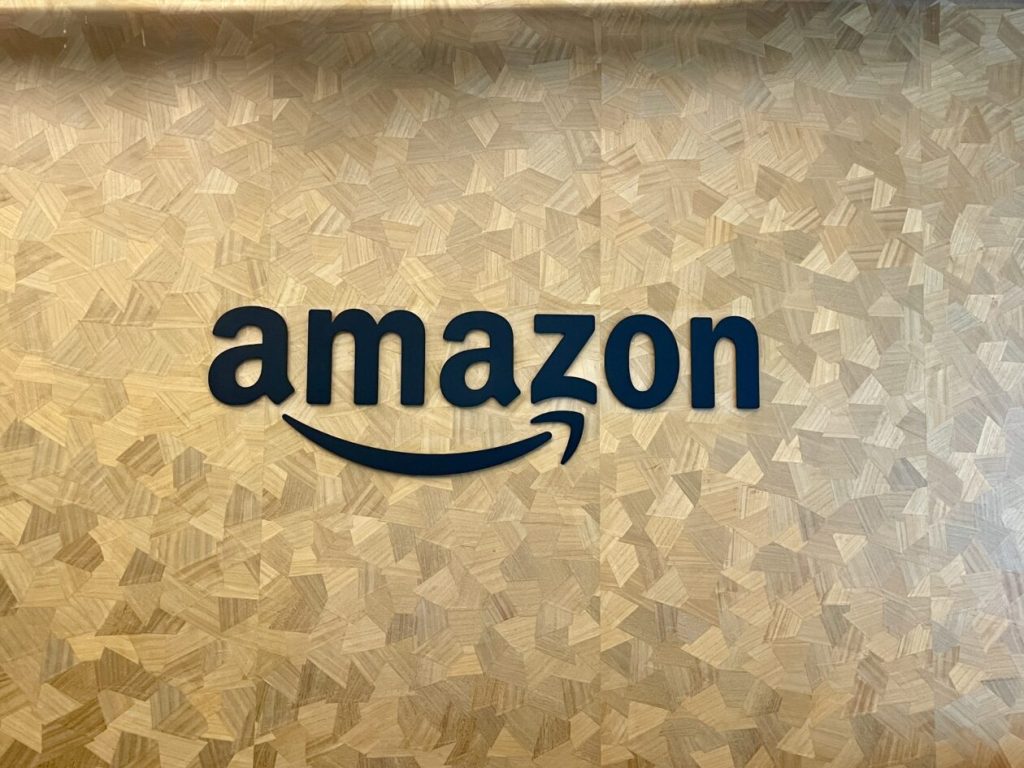Amazon Looks to Challenge Meta with New Smart Glasses Initiative
In a significant move that could reshape the augmented reality landscape, Amazon is reportedly developing its own line of smart glasses, according to recent reporting from The Information. The Seattle tech giant appears to be pursuing a dual-track strategy with separate devices tailored for consumers and its vast workforce of delivery drivers. This expansion represents Amazon’s most ambitious foray into wearable AR technology, building upon its earlier Echo Frames introduced in 2019, which primarily focused on audio features rather than visual augmentation.
The consumer-oriented glasses, expected to debut in late 2026 or early 2027, will feature an impressive array of technology packed into a wearable form factor. According to The Information’s report, these glasses will incorporate microphones, speakers, a camera, and notably, a full-color display positioned for one eye. This combination of features suggests Amazon is aiming for a device that balances utility and everyday wearability—a challenge that has stumped many tech companies in the nascent smart glasses market. By including visual display capabilities, Amazon appears to be positioning its product as a more feature-complete alternative to existing offerings, potentially bringing augmented reality experiences into more natural contexts than bulky headsets allow.
For Amazon’s massive logistics operation, a separate version of the smart glasses is reportedly being developed with more specialized functionality focused on package sorting. This application highlights how Amazon continually seeks efficiency improvements in its delivery infrastructure through technological innovation. Reuters previously reported on Amazon’s interest in specialized eyewear for drivers, suggesting this has been a long-term development priority for the company. Such purpose-built wearables could potentially streamline the package identification and sorting process, allowing drivers to process deliveries more efficiently while keeping their hands free—a practical application of AR that directly addresses business needs rather than just consumer novelty.
Amazon’s push into augmented reality eyewear comes at a particularly interesting moment in the development of the smart glasses market. Meta’s Ray-Ban smart glasses collaboration has proven surprisingly successful, with Wired recently declaring Meta the current winner of the “smart glasses race.” These glasses, which combine classic Ray-Ban styling with modern technology, have found traction with consumers in ways previous smart glasses attempts from various manufacturers failed to achieve. The Ray-Ban glasses’ success demonstrates that consumers are warming to the concept of tech-enhanced eyewear when it strikes the right balance between functionality and fashion—a lesson Amazon appears to be taking to heart in its development approach.
The competitive landscape is rapidly evolving, with Meta expected to unveil its new Hypernova smart glasses featuring display capabilities at its upcoming Connect event. This suggests a convergence in the market toward glasses that not only capture information or provide audio but actively display visual information to users. Amazon’s planned entry into this more advanced segment of smart glasses represents a strategic move to compete directly with Meta and potentially other players like Apple, which has long been rumored to be developing its own AR eyewear. The timing of Amazon’s reported 2026-2027 launch window indicates a methodical development approach, perhaps allowing the company to learn from competitors’ earlier releases while perfecting its own technology.
For consumers, this competition between tech giants promises to accelerate innovation in wearable AR technology, potentially making augmented reality more accessible and integrated into daily life. Amazon’s entry could be particularly significant given the company’s vast ecosystem of services and devices, suggesting potential integrations with Alexa, Prime shopping, and other Amazon offerings. While Amazon’s previous Echo Frames represented a more cautious entry into the smart glasses category, this reported new initiative signals a more comprehensive commitment to visual augmented reality as a next frontier in personal technology. As the development continues over the coming years, the race between Amazon, Meta, and other tech companies may finally deliver on the long-promised potential of augmented reality in a form factor that people are willing to wear every day.















